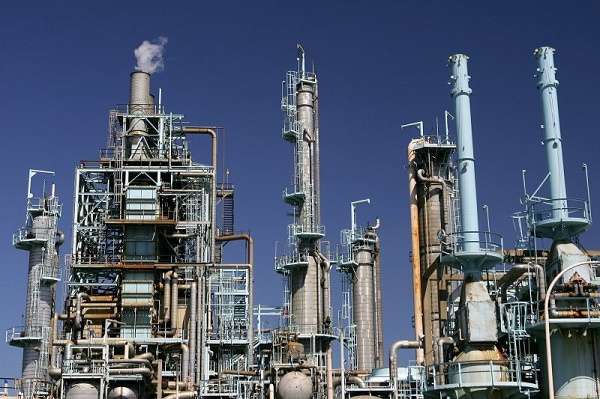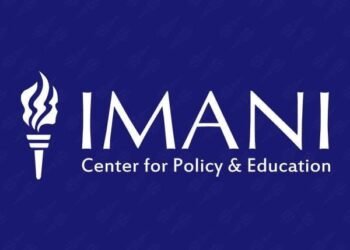The Executive Director of the Chamber of Petroleum Consumers (COPEC), Duncan Amoah, has sharply criticised the Government of Ghana for what he describes as its failure to prioritise critical state-owned energy infrastructure, notably the Tema Oil Refinery (TOR), while allowing the Bulk Oil Storage and Transportation Company (BOST) to operate more like a private profit-driven firm than a national buffer institution.
Mr. Amoah expressed frustration over the government’s lack of clear long-term strategy to revamp key assets in the petroleum sector, despite rising fuel prices and public discontent over the Energy Sector Shortfall and Debt Repayment Levy (ESSDRL).
“If government indeed wanted to retool TOR, the tax that you and I are discussing today should have seen a component go into revamping TOR.
“But we see no plan, no investment, no direction for such a strategic asset.”
Duncan Amoah, Executive Director of the Chamber of Petroleum Consumers (COPEC)
The Tema Oil Refinery, once a central pillar of Ghana’s energy architecture, has remained largely dormant due to a combination of mismanagement, underinvestment, and political inertia.

Despite ongoing calls from industry stakeholders for its rehabilitation, the facility remains non-operational—forcing Ghana to rely entirely on imported refined petroleum products.
Amoah lamented that the government has instead focused on introducing levies like the ESSDRL without earmarking any funds for critical national infrastructure.
“It’s disappointing that amidst all the new levies being proposed and postponed, TOR is not even part of the conversation.
“What kind of long-term planning excludes your only refinery?”
Duncan Amoah, Executive Director of the Chamber of Petroleum Consumers (COPEC)
BOST Under Fire for ‘BDC Behaviour’

In addition to his concerns about TOR, the COPEC Executive Director also took aim at BOST, accusing it of abandoning its public interest mandate in favour of commercial practices more typical of a Bulk Distribution Company (BDC).
BOST is meant to serve as a strategic buffer—maintaining national fuel reserves and intervening in supply disruptions or price surges. However, Mr. Amoah said the state enterprise has drifted into profit-seeking operations, leaving consumers vulnerable.
“We are allowing BOST to behave as though it were a private BDC. Meanwhile, BOST margin is being collected from you and I when we buy petrol.
“We’re keeping BOST running, but the safety net that BOST should have provided is missing.”
Duncan Amoah, Executive Director of the Chamber of Petroleum Consumers (COPEC)
His concerns reflect broader industry frustrations, as stakeholders argue that state-backed fuel management mechanisms should ensure price stability and sector sustainability, rather than operate purely for profit.
“In recent times, the cliché for BOST has been ‘we’ve made so much profit,’ but fuel prices are still going up.
“If BOST is making profit, at whose expense is that happening?”
Duncan Amoah, Executive Director of the Chamber of Petroleum Consumers (COPEC)
Calls for Restructuring TOR

Amoah’s call for government intervention in TOR’s revitalization aligns with ongoing industry demands for better sector governance.
Analysts suggest that Ghana’s energy challenges require a more structured approach to infrastructure investments, particularly in refining capacity and fuel storage mechanisms.
The restructuring of TOR and the reinforcement of BOST’s public-interest role could play a major part in ensuring fuel affordability while preventing supply chain disruptions.
COPEC’s criticism highlights the pressing need for deeper energy sector reforms, ensuring that publicly funded entities fulfill their intended mandates while balancing fiscal pressures with consumer protection.
As Ghana’s energy sector navigates economic uncertainties and global oil price fluctuations, industry experts believe that a clear government policy roadmap—including revitalizing TOR and restructuring BOST’s role—is essential for ensuring energy security and affordability.
With fuel prices remaining a contentious issue, government officials will likely face continued scrutiny from stakeholders demanding greater accountability and transparency in energy management decisions.
READ ALSO: Cedi to Remain Stable Against Major Currencies- Finance Minister Assures Ghanaians























